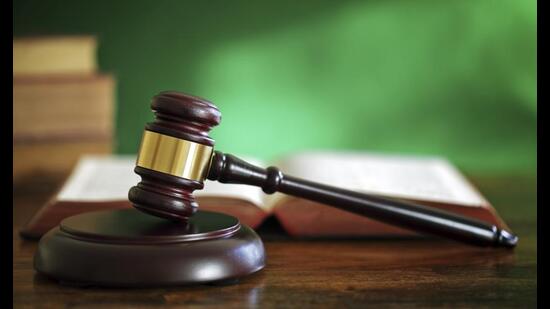Publicity of court proceedings: The question of privacy and reputation
As the interplay of rights with technology and the resolve of SC to follow its mandate of publicity of court proceedings might result in a clash of judicial doctrines, a new balance must be found
On March 21, while delivering its judgment in Seemant Kumar Singh Vs. Mahesh Ps & Ors, the Supreme Court (SC), cautioned judges against passing adverse remarks in courts unless accompanied by a proper justification. The SC observed that “remarks passed in court, due to the live broadcasting of court proceedings, now have ramifications that are far-reaching, and as can be seen in the present case, can cause great injury to the reputation of the parties involved.”

The SC mentioned this with respect to an individual’s right to reputation. But what about the right to privacy? An insult to someone’s reputation often travels through the pathway of privacy. A court tests a case from extremes, asks questions and gives prima facie views to seek a response from lawyers. The interaction between the bench and the bar results in correcting and shaping each other’s views, sometimes on law and sometimes on fact.
Courts may also probe aspects that are not of concern to everyone. Yet everyone has a right to know and access live-streaming of court proceedings. These days, edited videos of sub judice high court (HC) proceedings with added comments, special effects, background music and general observation made by HC are found in social media. Such observations may not form part of the operating judgment, yet statements made as part of the court processes often go viral. The concern now should be what all shouldn’t be broadcast to protect the privacy and reputation of individuals.
An individual’s autonomy can stand breached, and the right to reputation can be denuded. However, when a court broadcasts a proceeding, it follows what it preaches. In 1966, the case of Naresh Shridhar Mirajkar saw a nine-judge Constitution bench of the SC unequivocally hold that trial must be kept under public scrutiny and gaze.
As fundamental rights jurisprudence grows, which was yet to evolve during Mirajkar’s case fully, the question is about rights concerning individual autonomy and reputation during the broadcast of court proceedings.
In the process of court, the final victor or loser who stands to either lose or gain property, liberty, or reputation is an individual well protected by a charter of fundamental rights.
The right to privacy and reputation has been recognised as part of the right to life with dignity under Article 21 of the Constitution. The point is settled by the judgment of a nine-judge bench in the KS Puttaswamy judgment in 2017 (also known as privacy judgment). Hence a clash between the publicity of court proceedings and individual fundamental rights can be foreseen, as sounded out in the Seemant Kumar Singh judgment.
The point often raised is that once an individual has submitted his/her details before the court, it becomes part of public record. But, as sounded out by the SC, a court’s observation during a live-streamed court proceeding can destroy a reputation. By the same standards, privacy may also be impugned. In the case of district registrar and collector v. Canara Bank, the SC had followed the concept that a secret remains a secret even when shared with those who an individual selects for one’s confidence.
The SC struck down provisions of the Andhra Pradesh Act, which enabled any person authorised in writing by the collector to access documents in private custody or custody of a public officer. In effect, the court held that the State could not be authorised to have unrestricted access to even inspect all bank records of an individual except in situations where it has some reliable information before it before such inspection.
Documents or copies of the customer’s documents, which are shared by the bank even voluntarily, must remain confidential, vis a vis the person in its entirety and in parts. Therefore, constitutionally speaking, a secret is not information that will never be told. On the contrary, constitutional rights enable secrets to be revealed and remain a secret within the realm of privacy. Once a secret, always a secret is the constitutional mandate.
In the Puttaswamy judgment, Justice DY Chandrachud (the current CJI) and Justice SK Kaul (the senior-most judge after the CJI) have highlighted that privacy is lost not merely because a person is in a public place. The Puttaswamy judgment has highlighted that privacy attaches to a person since it is a necessary test of the dignity of a human being. The same analogy applies even to the right to reputation.
In the privacy judgment, Justice Kaul observed that an individual “has a right to protect his reputation from being unfairly harmed and such protection of reputation needs to exist not only against falsehood but also certain truths. It cannot be said that a more accurate judgment about people can be facilitated by knowing private details about their lives - people judge us badly, they judge us in haste, they judge out of context, they judge without hearing the whole story and they judge with hypocrisy. Privacy lets people protect themselves from these troublesome judgments.”
As the interplay of rights with technology and the resolve of SC to follow its mandate of publicity of court proceedings might result in a clash of judicial doctrines, a new balance must be found.
Anirudh Sharma is an advocate practicing before, Supreme Court of India and High courts
The views expressed are personal
All Access.
One Subscription.
Get 360° coverage—from daily headlines
to 100 year archives.



HT App & Website







